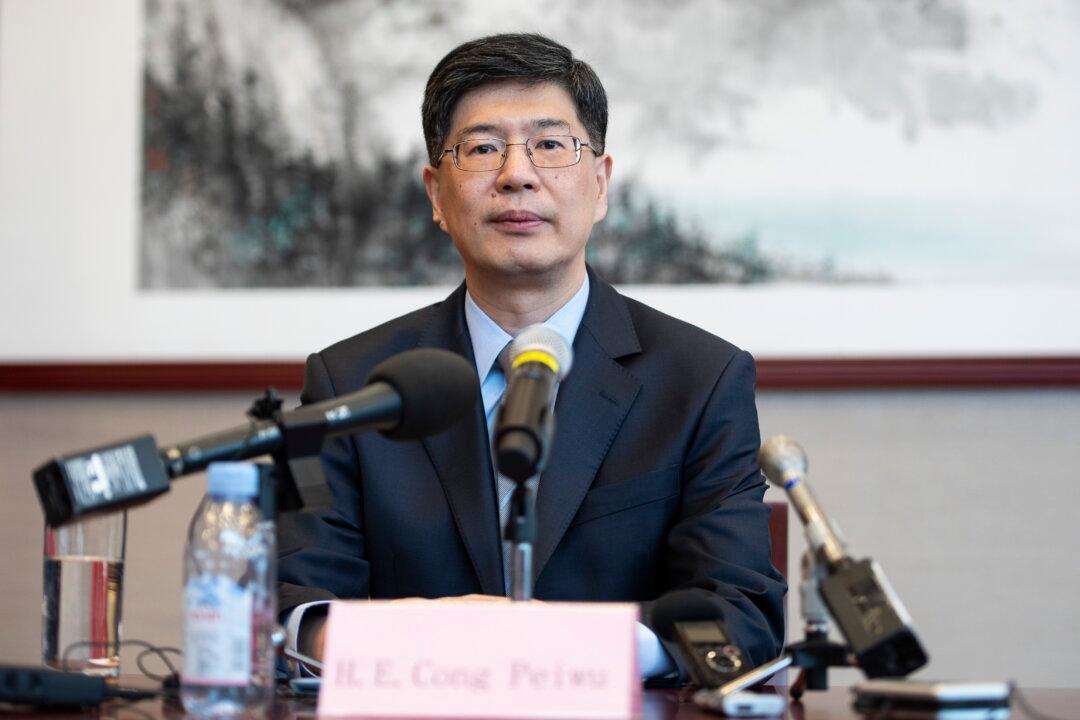China’s Ambassador to Canada Cong Peiwu has concluded his tenure, the department of foreign affairs has confirmed.
“Former Ambassador Cong concluded his posting to Canada (duration 2019-2024),” Global Affairs Canada (GAC) stated in an email on April 19. Yong Zhao has been appointed as chargé d’affaires ad interim.





